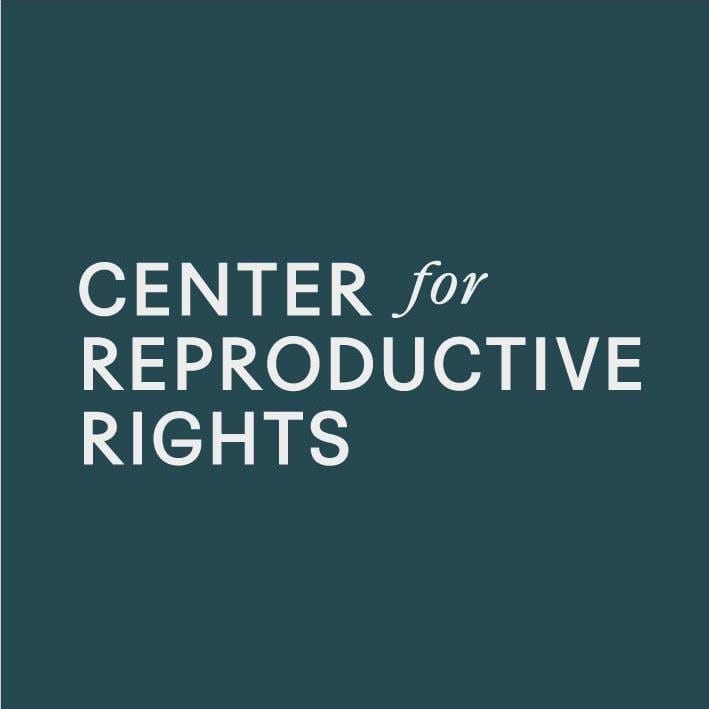African Commission to Hear Case on Maternal Deaths Brought by the Center and Partners
The African Commission on Human and Peoples’ Rights has agreed to hear a maternal mortality complaint against Nigeria in a case brought by the Dullah Omar Institute of the University of the Western Cape, the Africa Alliance, the Women Advocate Research and Documentation Centre (WARDC), and the Center for Reproductive Rights. The case, which was filed in 2014, seeks to hold Nigeria accountable for its high number of maternal deaths.
The Commission’s decision to hear the complaint—its first maternal or reproductive rights case ever—is the culmination of years of continued advocacy on behalf of women and adolescent girls in Nigeria. A decision is expected from the Commission in 2021 or 2022.
Despite being the richest country in Africa, Nigeria has one of the highest maternal mortality rates in the world. Many of the causes are well-known and preventable, including hemorrhage, infections, unsafe abortions, detentions, abuse and mistreatment in healthcare facilities, and obstructed labor.
The case argues that the financial, infrastructural, and institutional factors surrounding these deaths are within the control of the government. And, in failing to address these factors, the government has failed to fulfill its human rights obligations.
In addition to its potential impact on the rights of women and girls in Nigeria, the Commission’s decision in this case could have far-reaching implications throughout the region. The Commission is charged with ensuring that African states comply with human rights obligations, so if the Commission determines that these preventable maternal deaths in Nigeria are human rights violations, then other states must also implement measures to equally address preventable maternal deaths.
According to Paula Knipe of the Dullah Omar Institute, “This will be the first time the African Commission will have the opportunity to assess a state’s obligation in relation to sexual and reproductive health and rights, particularly maternal health, as guaranteed in the Maputo Protocol.” The 2005 Protocol guarantees reproductive rights to all women and adolescent girls in Africa. In holding Nigeria accountable for its maternal deaths, this case seeks to protect women’s rights under the Protocol.
“This decision shows that the effort and the time has been worth it,” said Onyema Afulukwe, Senior Counsel for Africa at the Center for Reproductive Rights. She noted that years of legal research and advocacy on maternal health from the Center and WARDC conveyed the urgency of addressing preventable maternal deaths and injuries in Nigeria.
“Providing evidence-based information on preventable maternal deaths to the African Commission, including the impact of the ongoing conflict in North East Nigeria on women and adolescent girls, helped them see that it was important to address this issue,” Afulukwe said.
Since 2007, the Center has partnered with WARDC to raise awareness about the sexual and reproductive rights challenges in Nigeria through human rights fact finding, advocacy and research. The joint 2008 report, “Broken Promises,” shows how the state’s failure to live up to its human rights obligations harms Nigeria’s women.
As Dr. Abiola Akiyode-Afolabi, Executive Director of WARDC explained, “Our work with women shows that several factors are responsible for maternal mortality in Nigeria, and some of the challenges are at the table of the government.” But, she noted, if the state commits to addressing maternal mortality, then “the number of deaths will be reduced, and this case will support millions of women in Nigeria now and in future.”
Because Africa bears the highest burden of maternal deaths in the world, the implication of this case on women and girls is critical.
“This decision will have the potential to reframe some of the legal issues that come up when we discuss women’s access to maternal health care services,” Afulukwe said. “It will solidify the understanding that reproductive rights, when it comes to how women experience childbirth and all of the other determinants of health, are human rights issues.”

